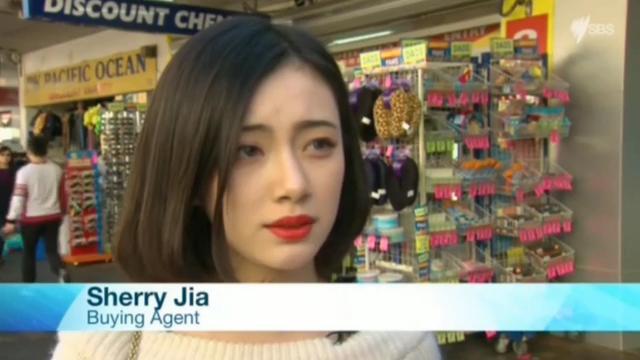Bubs losses deepen on souring milk trade with Chinese shoppers
Infant milk producer Bubs Australia hit after international border closures stopped Chinese personal shoppers from loading up on products.

Infant milk producer Bubs Australia has slipped deeper into the red after international border closures stopped Chinese personal shoppers, known as daigou, from buying its products.
Bubs reported a loss of $74.7m in the year to the end of June from $7.7m the year earlier as the cancellation of travel triggered a sharp decline in sales. Revenue of the company, which makes infant formula, cereals and snacks, dropped 24 per cent to $46.8m.
Bubs founder and chief executive Kristy Carr said international border closures triggered a severe demand shock as daigou sales dropped forcing the company to sell discounted bulk formula to reduce stocks. The shares fell 2.4 per cent to 41 cents on Tuesday.
Daigou shoppers include students, tourists and corporate groups in Australia who shop for products such as formula, cosmetics and health supplements on behalf of mainland consumers.
“There was a sharp decline in revenues in the first quarter followed by subdued daigou sales throughout the remaining three quarters,” said Ms Carr. “In addition, we experienced disruption and increased costs associated with our supply chain.”
Ms Carr said that the company had resisted pressure to push inventory to distributors instead discounting sales of bulk powder to clear inventory and preserve cash.
A2 Milk also has taken a hit due to the evaporation of daigou trade. The company said last week that it remains committed to China despite a collapse in profit, saying while the country is its “biggest risk”, it is also the company’s “biggest opportunity.”
Bubs said it had helped offset a decline in daigou sales by more than doubling its share of the domestic market through the year.
“We remain the fastest growing formula manufacturer across Woolworths, Coles and Chemist Warehouse with combined retail sales growth of 51.5 per cent,” said Ms Carr.
Bubs products would be imported into bonded warehouses in China before being sold on e-commerce channels and platforms such as Alibaba and JD.com. Bubs also planned to launch in the US on Walmart.com, the online platform of the world’s largest retailer.


